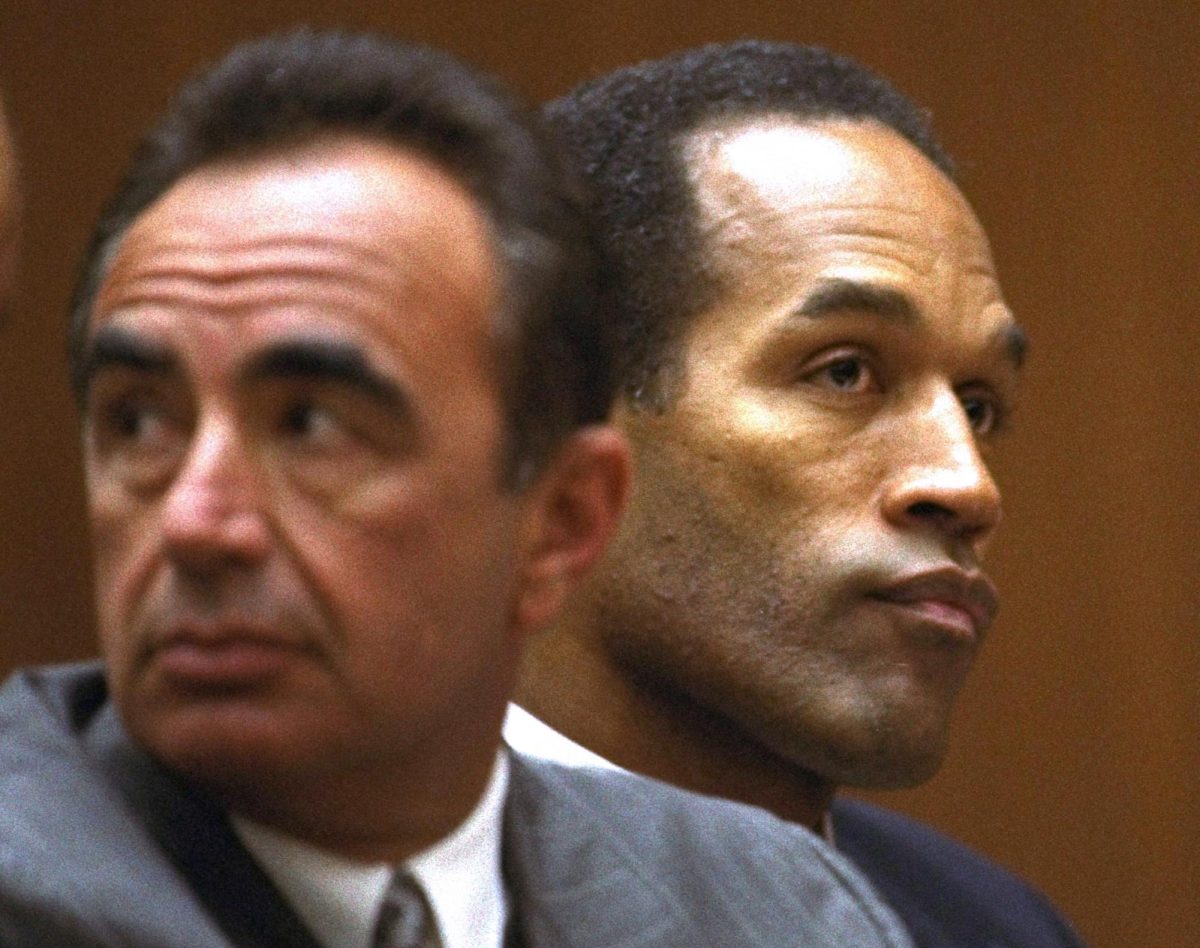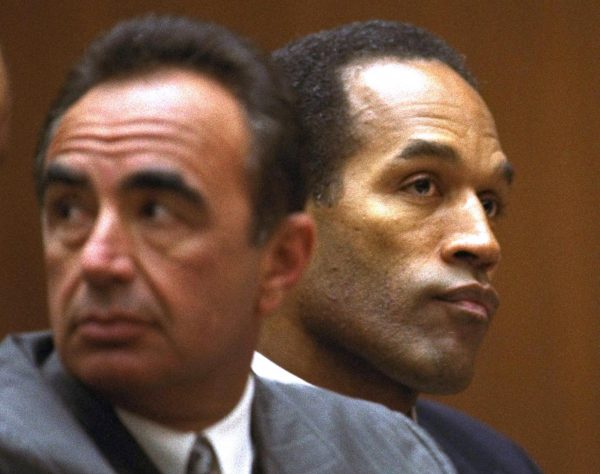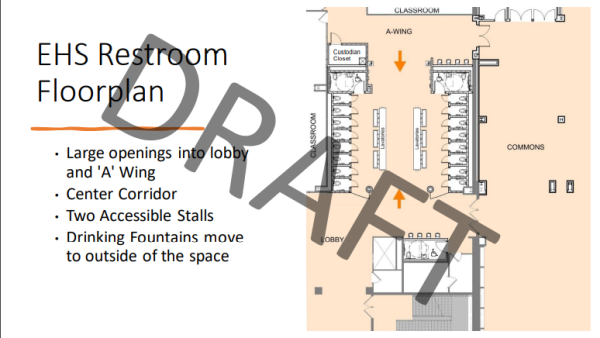Net Neutrality: What is it And How Does it Affect You?
January 5, 2018
Watch out binge-watchers, tweeters and snapchatters. With the abolishment of net neutrality, the internet could change as we know it.
Net neutrality is the way that the internet has traditionally functioned. It was a law that prohibited internet service providers such as AT&T and Verizon from speeding up, slowing down or blocking any content, websites or apps that a customer wanted to access, according to ABC News.
But net neutrality is dead.
The Federal Communications Commission (FCC) voted to repeal Obama’s net neutrality policy in early December.
This means that internet service providers can start to charge more for access to certain websites and apps such as Netflix, Twitter and Snapchat. Soon, users might have to pay a set fee for every tweet or snapchat they send out.
Twitter, Netflix and other streaming services have been angry about this and have specifically created more buzz about the topic.
In a statement Netflix released they said: “We’re disappointed in the FCC’s decision to gut the net neutrality protections that ushered in an unprecedented era of innovation, creativity and civic engagement. Today’s decision is the beginning of a longer legal battle. Netflix will stand with innovators, large and small, to oppose this misguided FCC order.”
For an example of net neutrality’s reach, internet providers now have the right to charge internet users an additional fee to stream movies on Netflix, which they couldn’t do before.
According to Bustle.com, ISPs also have the right to impose a monthly limit on how many movies users can stream without paying extra, or they could restrict HD streaming to customers who subscribe to a more expensive internet plan. All of this would be in addition to the existing cost of paying for Netflix to begin with.
Even though these ideas seem scary, nothing is set in stone yet.
Net neutrality mirrors a free market system, according to Alan Wolk of Forbes Magazine. He said that net neutrality is a positive thing and in the free market system, a company has the ability to charge certain customers for the “fast lane” and then also have a “slow lane” that comes with lower rates.
“Consumers would have to be okay with the fact that the sites that weren’t paying would run slower, and if they weren’t, there would be other providers who’d abide by net neutrality and allow all sites equal access and equal speeds,” Alan said in his article.
Whether people agree with the FCC’s decision or not, net neutrality has officially been abolished and all anyone can really do is anticipate what will happen.






















